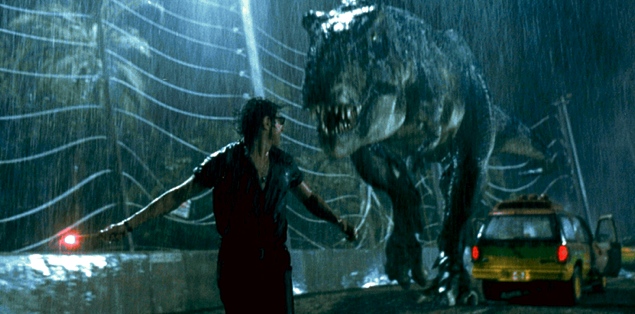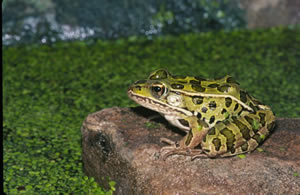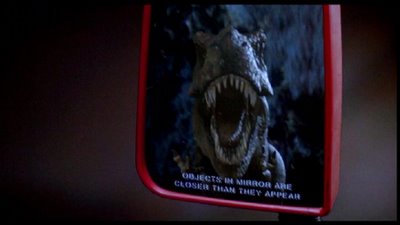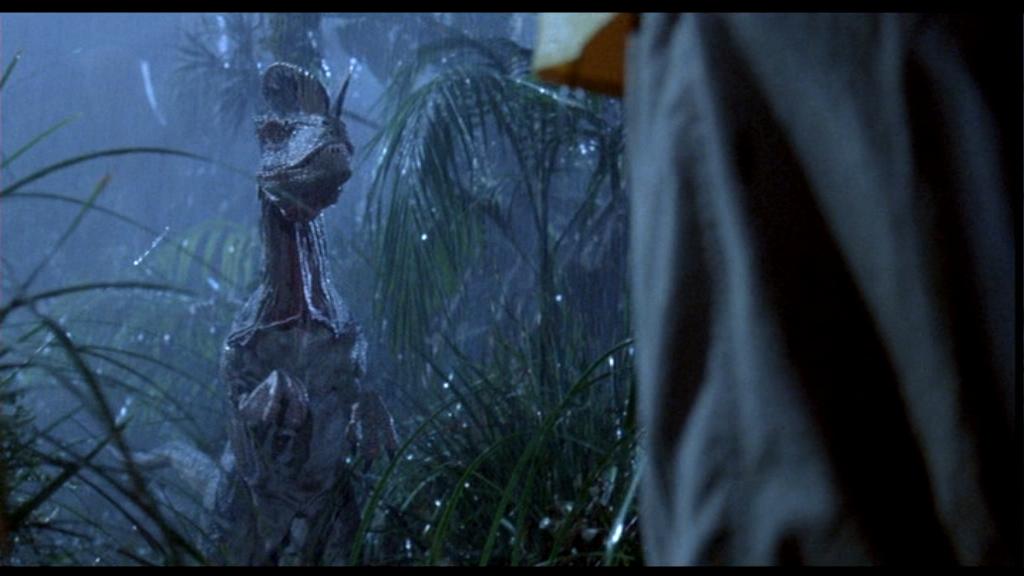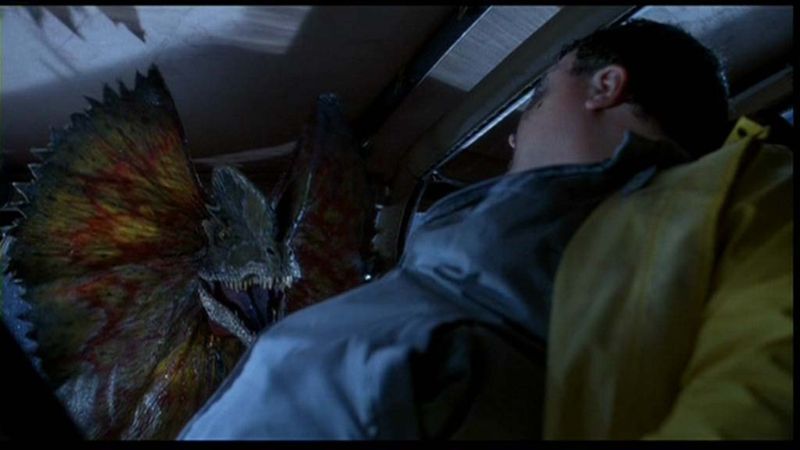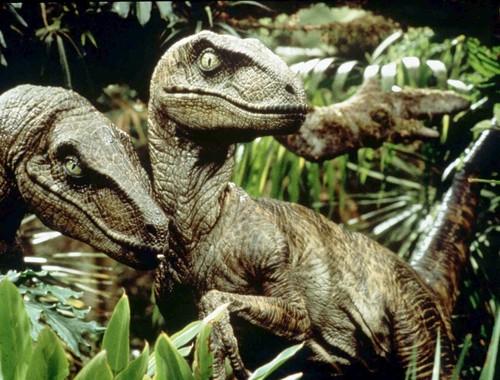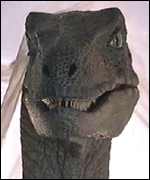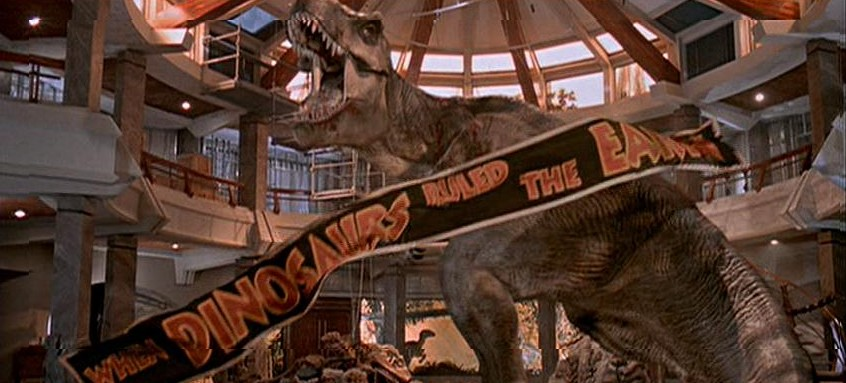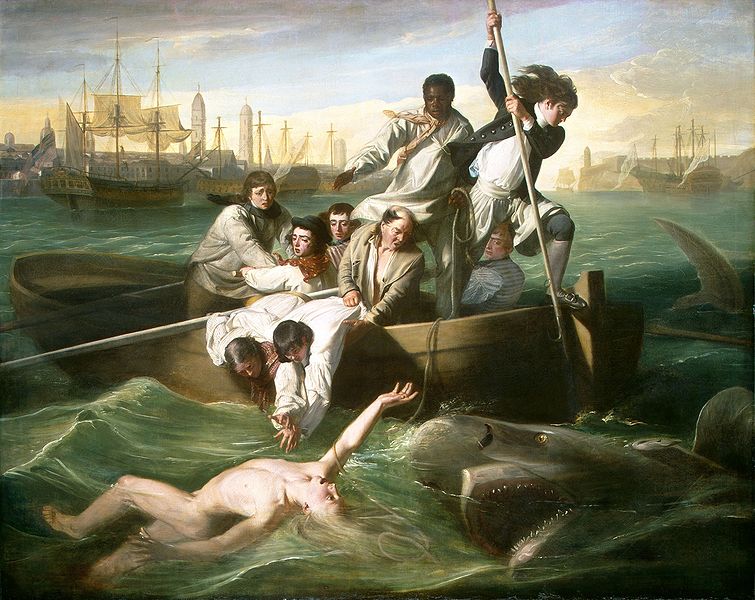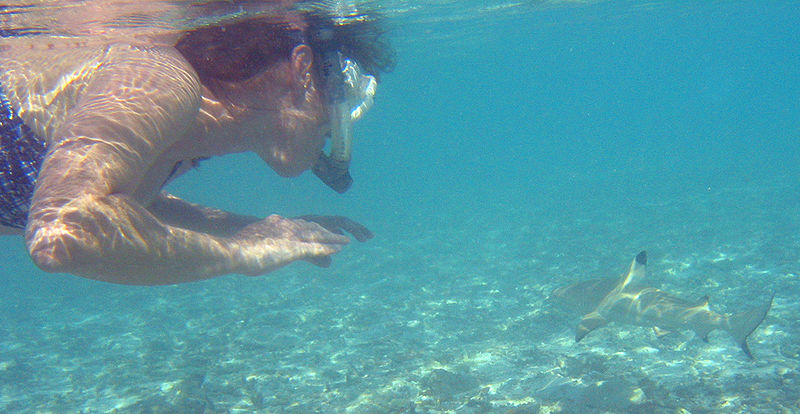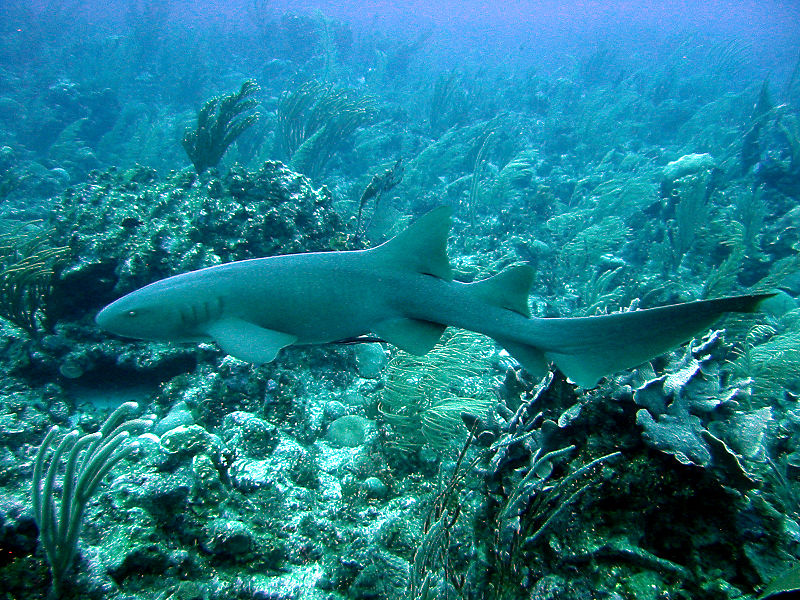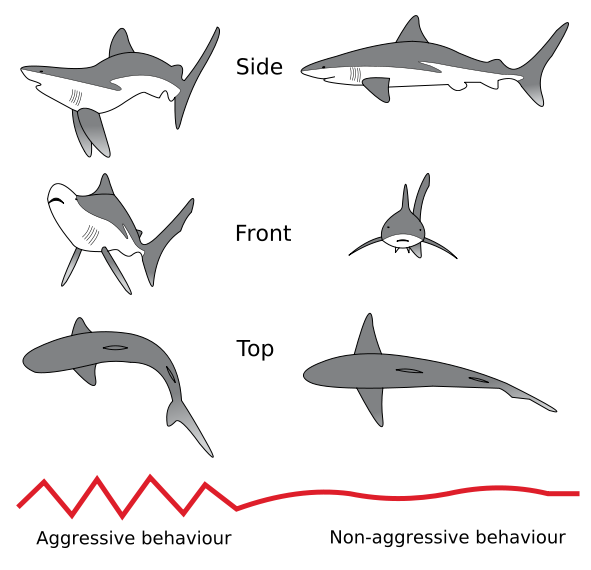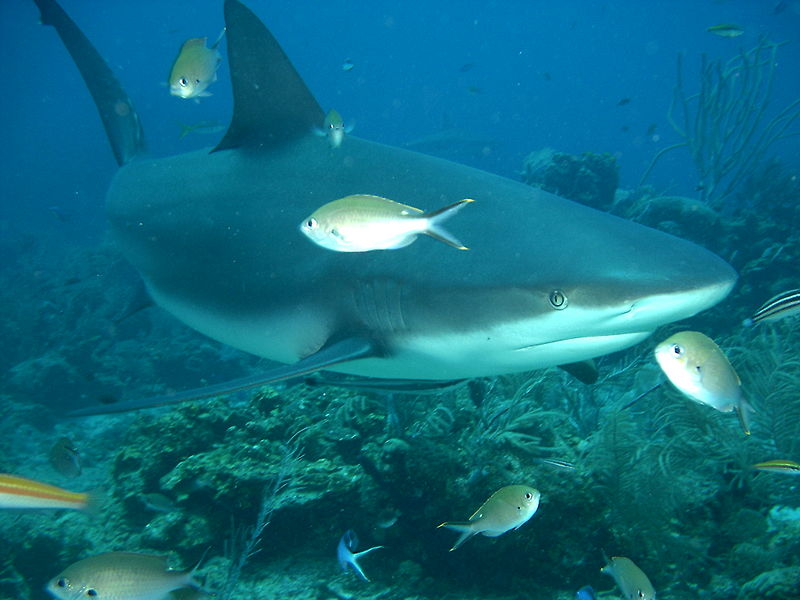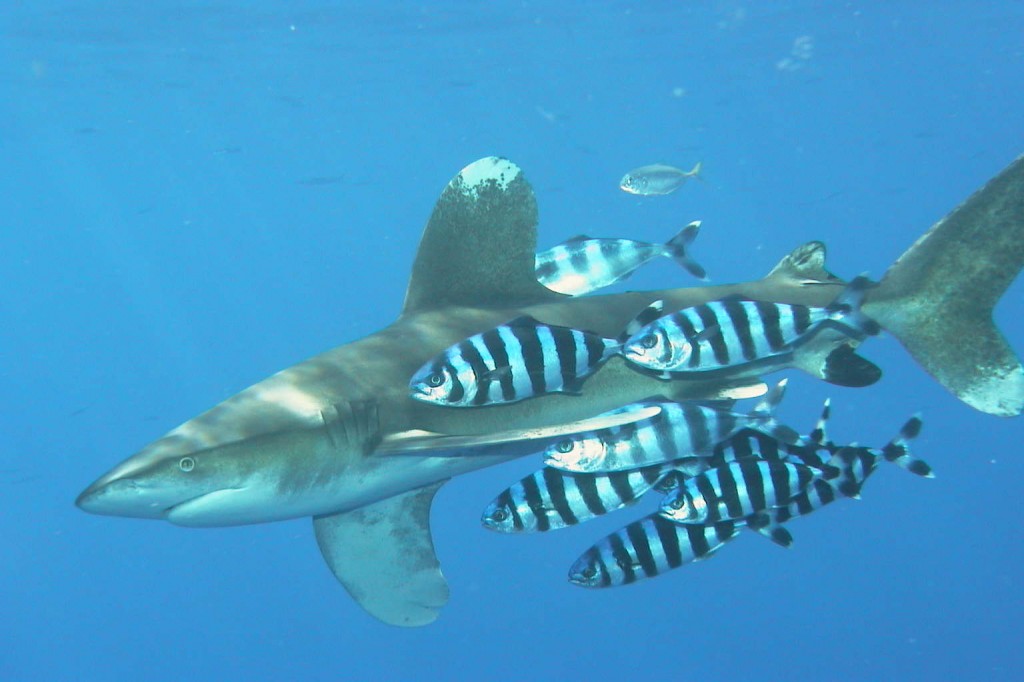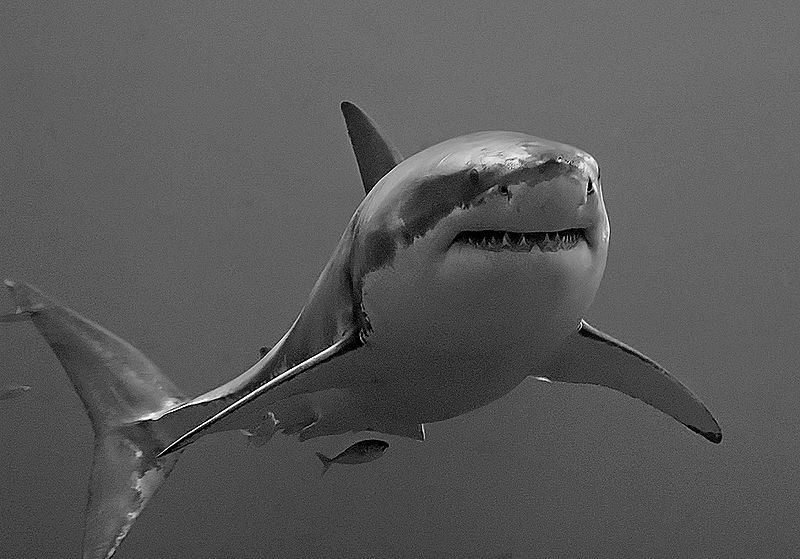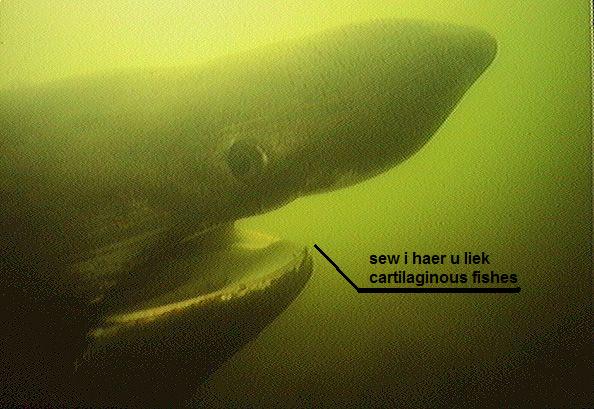Allrighty, time for me to inflict more nausea and misery upon you, partially because I remembered that this site is supposed to be for short stories and not semi-credible paleontology/marine biology, and mostly because I am completely stumped for a new topic. This one’s too wordy. So, without further ado, here you go.
Once upon a time, in a faraway outer metropolitan suburb, there lived an odd-looking boy called Cinderfella. It wasn’t his real name, of course – it was just what his mildly-objectionable stepsisters called him, and they called him that because that’s what Cinderfella’s quite-objectionable stepmother called him, and she called him that because she thought it was simply the bee’s knees to make him clean out the summer bonfire pit every week. It wasn’t so bad in August, but it was those times in January that really got on Cinderfella’s nerves.
Cinderfella was left in these dire straits due to the premature and untimely death of his father, whose lacklustre taste in women was but one of many myriad reflections emitted by his poor judgement in general. He’d tightened his tie too far one day and had simply keeled over and dropped dead (in that order) in the middle of a meeting. It hadn’t been noticed until everyone stood up to leave.
With the passing of his father, Cinderfella’s quite-objectionable stepmother was free to reveal her true colours, which appeared to be a skull-and-cross-bones. She quickly sold all of Cinderfella’s possessions upon EBay, booted his pet muskrat out onto the streets, and evicted him from his room so she could rent it out to illegal immigrants, whom she strong-armed into prostitution. Cinderfella’s new room was the lawn, although he had been given reluctant permission to hide under the deck in a crude nest made of fallen leaves when it snowed. The only reason he was kept on at all was to perform all of the little chores she felt were extra-dull.
One day word came rushing and bustling across the suburbs that the mayor was holding a grand fundraising dinner to acquire money that would be put towards a municipal Jell-O swimming pool. Much excitement was attached to this proclamation, for the mayor had also announced that he would soon be appointing a new crony, as his old friend Warren Wigglebees had passed on of cancer of the scrotum. Clearly, the fundraiser would be an excellent opportunity to lay it on the mayor; the position of crony was nothing to sneeze at. The permissible embezzlement alone would keep the new crony rolling in cash for life, and this made Cinderfella’s quite-objectionable stepmother’s eyes not only light up with greed but shimmy, flicker, flash, and possibly emit walrus noises of pure, unrestrained wallet-lust.
Straightaways she and her two mildly-objectionable daughters prepared. The stepmother’s plan was two-fold. Firstly, her two daughters would butter the mayor up soundly and play footsie with him under the table – made possible thanks to some skilled bribes applied to the seating manager. Secondly, she would attend to the mayor’s person herself and offer him various deals and agreements.
“With you two on his case while I pick his brains, that crony position’ll be as good as mine!” she cackled to her listening daughters.
“Funny,” remarked Cinderfella, dusting a shelf, “aren’t you a crone already?”
The stepmother pulled out her taser and flipped it to the younger mildly-objectionable sister. “Go for the spine,” she advised the girl. “He hates that.” And so Cinderfella got a break from cleaning for an hour or so by hiding in a laundry basket.
The evening of the fundraising dinner grew near – the very same day that was Cinderfella’s long-forgotten and oft-ignored nineteenth birthday – and the stepmother and her daughters enlisted Cinderfella in carrying about and organizing vast quantities of clothing and makeup. They were hugely and not un-grotesquely altered by these artificial aids, and many times Cinderfella’s gag reflex was nigh his undoing as some new toxic brew was applied to a nail or smeared upon cheeks. Finally, the nightmare was over and the stepmother and her daughters stepped out to their hired limo, which sped away in a screech of rubber and a fart of fuel, leaving Cinderfella to scrub the driveway with a mop.
“And I want to see it gleam, too!” the stepmother had threatened.
Cinderfella eyed the asphalt in resentment. Stupid non-gleaming surfaces.
“Shit,” he said, without any particular tone of despair or resentment. There was a loud sound that was something like fwwaaa-glonnngg, and a large man with tiny little plaid wings tied onto his back landed on the driveway.
“Aye, you said it,” remarked the man, glancing about him. “Got any whiskey?”
Cinderfella stared. “And who the hell are you?” he asked, worried that he might get an answer.
“I’m your fairy Scotsman, wee laddie,” said the man, adjusting his kilt, which Cinderfella couldn’t help but notice was a clip-on. “Your dad signed you up for a twenty-year plan when you were a kid,” he clarified, with a sudden and suspicious absence of accent.
“What’ve you been waiting for?” asked Cinderfella suspiciously.
“Legal drinking age,” said the fairy Scotsman. “Otherwise hanging around you’d just be a bummer. So, what’s the problem?”
“My lousy and variously-objectionable step-family is going to the mayor’s fundraising dinner to try and court his favour, and I’m supposed to mop this stupid driveway till it gleams,” said Cinderfella.
“Wow,” said the fairy Scotsman. “That’s pretty nasty. Hey, you got any whiskey?”
“Probably,” said Cinderfella. He led the winged man into the house and hunted through the cupboards until he found the key that opened his quite-objectionable stepmother’s liquor cabinet. The fairy Scotsman chugged a shot and grimaced.
“Cheap crap,” he said, rolling the words with his preposterous (and suddenly reappearing) accent as if they were lucky dice. “So, what’s the plan?”
“What can you do?” asked Cinderfella.
The fairy Scotsman took another drink. “Lots of minor magic and mischief, limited transportation and transformation, and I can play the bagpipes and mix some mean drinks.” He examined several of the quite-objectionable stepmother’s more expensive whiskeys closely, then tossed them aside.
“I think I have a plan,” said Cinderfella.
“Great,” said the fairy Scotsman, his accent ballooning upwards again for the one word and then mysteriously vanishing once more. “Step one?”
“I’ll need some glass steel-toed boots.”
“Sure,” said the fairy Scotsman, and shut his eyes. Fwwaaa-glonnngg. There at Cinderfella’s bare feet were two large boots, made of glass and toed with steel. “Step two?” inquired the fairy Scotsman.
“I’ll need a way to get to the fundraising dinner.”
The fairy Scotsman shut his eyes again. Fwwaaa-glonnngg. The fridge door slammed open and fell off its hinges, and a half-eaten watermelon was ejected from it to land at Cinderfella’s feet, exploding in a shower of seeds and juice spray. The fairy Scotsman fished about in the sad little puddle of pulp that remained and retrieved a watermelon-flavoured bus card. “Step three?” he asked, handing it to Cinderfella.
He thought for a moment. “I’ll need a disguise,” he said at last. “Something that they’ll never suspect is me.”
The fairy Scotsman grinned broadly. “Aha, now that’s something I can have fun with!” he said.
Fwwaaa-glonnngg.
Cinderfella examined himself critically. He was wearing a tuxedo so black that he couldn’t tell the tie from the shirt, a pair of hockey gloves, a worryingly realistic afro wig, and a pair of sunglasses. He stepped into the glass steel-toed boots and tied them up, then headed down the street towards the nearby bus station.
“Gonna need help with the next bit?” asked the fairy Scotsman.
“Should be fine,” said Cinderfella. “Just wait here.”
“It’ll all expire at eleven thirty-seven,” warned the winged piper. “Stuff like this always does.”
“Aren’t you missing about twenty minutes there on the traditional deadline?” asked Cinderfella.
The fairy Scotsman shrugged. “Yeah they go away at midnight, but if I say that, then you won’t remember until eleven fifty-nine. Better to give you a head start – you don’t want to try and walk home without those boots, do you?”
“Nope,” said Cinderfella. “Back in a bit.”
The bus driver stared at him, as did the other passengers. When they dropped him off at city hall, the bus accelerated away quickly enough to jolt its muffler loose, leaving it forlorn upon the street and alone in the world.
Cinderfella walked up to the doors of city hall and then walked right through them. The security guards asked him for his invitation, but he kicked them in the groin with his glass steel-toed boots and they made way for him, huddling upon their knees with grievous genital-heavy pain. He opened the doors to the hall of the fundraising dinner, and as he stood there and bore witness to the scale and breadth of its tawdry glory, all who were there to eat and deal looked up from their messily masticated chicken a la chairman and, as one, dropped their forks in surprise.
Cinderfella walked down the stairs, and everyone very slowly reached under their chairs, accidentally grabbed their neighbour’s forks, and began to eat again. At least seventeen cases of the cold or flu were passed on this way.
Cinderfella traveled to the one empty seat – the one previously occupied by his stepmother. As he’d anticipated, she’d been unable to wait longer than one hour before excusing herself to freshen the ointment she applied to her chest moles. Across from him, the mayor was unsuccessfully pretending that he wasn’t at all surprised by this turn of events via applying himself to his mashed potatoes with ever-mounting nervousness.
Cinderfella knew he’d have to act soon; his mildly-objectionable stepsisters were still wide-eyed with shock, forks frozen in midair, but if he didn’t follow up his ostentatious appearance with swift action their tiny brains would re-align themselves and he would be the subject of vicious, multi-barbed queries on his seating preferences and outfit. They might even ask him to show his ticket. No, that would not do.
Cinderfella drew his steak knife and slashed twice, leaving his mildly-objectionable stepsisters screaming in shock as their indecent tops fell apart to reveal…
“Push-up bras?!” sputtered the mayor, abruptly furious to the exclusion of all other emotions and sensations. “You’re trying to non-verbally persuade me with implied seduction here and you need push-up bras?!?!” He stood up, five foot three inches of stout anger, veins bulging as if they were implants. “By god, I will run you into the dirt, and then dance upon your graves!” The mayor snapped his fingers, and four burly thugs in trenchcoats and sunglasses appeared out of thin air and dragged away the screaming stepsisters. “And get their mother out of the bathroom,” he yelled after the departing goons.
Cinderfella saw the first of his two goals accomplished, and got up from his stolen seat, moving as inconspicuously as his could. Which, given his outfit, wasn’t very inconspicuously at all.
“Hey,” said the mayor, noticing him again, “what the hell are you doing in that chair?”
Cinderfella than employed plan B, this being the plan of “run very quickly indeed.” In this he was aided by the glass steel-toed boots, which dug into the very floor with their traction-inducing spiked, glass treads. Or would have, if they hadn’t been made of glass and broken off halfway across the floor. Cinderfella skidded and slipped and fetched up smack against the doorway after sliding on his rear for fifty feet and acquiring some serious rug burn.
“Impressive, most impressive,” said the mayor with a hearty chuckle while feigning heavy, robotic breathing. “Yoda has taught you well.” His face darkened menacingly as he yanked a firearm from his padded leather crotch-holster. “Now, stop right there or I will open fire!”
Cinderfella, in one of the few truly athletic moments of his life, spun about while wrenching off one of his glass steel-toed boots and hurled it with uncanny accuracy, completely spilling the mayor’s drink.
“NOOOOOOOOOOOOOOOOOOOOOO!” screamed the mayor, dropping the harmless water pistol, and then he passed out, possibly because he was trying to maintain his heavy, robotic breathing throughout the entire overblown cry of drama. As Cinderfella fled, some burly thugs in trenchcoats hastily descended upon the mayor’s prone form and carted it away to an emergency defibrillator. Another thug scooped up the mysterious glass steel-toed boot and held it up to the light, examining it curiously. Then he tried to eat it, which didn’t work well at all.
Outside, Cinderfella felt a strange tingling in his armpits, as if static electricity had flavoured his bodily hair, possibly with wintergreen candy, since he knew that both carried a strong flavour and made odd sparks in dark environments. Then there was a sound something like ggnnolg-aaawwf and Cinderfella was back in the familiar cast-off valet rags that he was always clad in at his quite-objectionable stepmother’s insistence. His outfit had vanished, along with the magical watermelon-flavoured bus card with infinite uses within his metropolitan area, along with many yearly membership benefits (such as a lifelong commitment to junkmail from the city’s transportation services).
Then Cinderfella looked at his watch, which made perfect sense within the story for him to possess since although his stepmother hated him, she hated him being late for his daily errand to wax her cat with even greater passion.
“Eleven-twenty-nine?” swore Cinderfella in outraged disbelief. “What happened to midnight? How am I supposed to get home now?” asked he, with much despair and desperation. Then he remembered that he’d stolen his quite-objectionable stepmother’s purse as he got up from her chair, and he cheered up and used some of her munificent wads of cash to hire a taxi home.
“Yo,” said the fairy Scotsman, as he got out of the cab. “How’d it go?”
“I almost screwed up and got stuck because your magic expired even earlier than you said it would,” said Cinderfella, deciding to let the “yo” pass for now, despite having come from a Scots-themed bagpiper.
“Oh yeah,” said the fairy Scotsman. “Sorry about that. Happens sometimes when I don’t pay enough attention. Your stepmother has some killer drinks here.” It was then that Cinderfella noticed that the fairy Scotsman was swaying slightly on his feet.
“Listen,” said Cinderfella, “I only need two more wishes and I’m out of here for good.” Cinderfella thought for a moment. “Well, maybe three,” he admitted.
“Shoot,” said the fairy Scotsman, once more embracing his accent.
“First, I need you to give me the passwords for every credit card in here,” said Cinderfella.
Fwwaaa-glonnngg, and a little piece of paper appeared in Cinderfella’s hand, with drawling lines in a drunken hand scribbled on it.
“Sorry,” said the fairy Scotsman, unapologetically. “My handwriting’s not the best when I’m like this.”
“Next I’ll need records of my stepmother purchasing a pair of glass steel-toed boots last month to appear in her records, and some incriminating evidence regarding giving them to one of her disgruntled lovers in her diary.”
Fwwaaa-glonnngg.
“Woah, that really gives me a buzz,” said the fairy Scotsman. “Hey, my hands are creepin’ me out. Oh, those are your hands.”
“And the third thing,” said Cinderfella, ceasing waving his hands in front of the distracted, kilted man’s face, “is that I want you to start a gas leak in this house and throw a lit cigarette in after you’ve carted out all the faked stuff out, put it in a little box at a safe distance, and waited about three hours.”
“Arson?” said the beaming fairy Scotsman. “Hilarious! Everything seems to make so much more sense now!” A thought struck him. “Hey, where you going next?”
“Hawaii. Which reminds me… as a fourth thing, could I get some sunglasses?”
Fwwaaa-glonnngg.
The shades were truly sweet.
“Thank you, my fairy Scotsman,” said Cinderfella as he put on his new sunglasses. “I’ll see you in Honolulu before the week is out, and then we can plan ahead.”
“Hey, is that the place with the dragon?” asked the fairy Scotsman, staggering slightly as he tried to scratch his chin thoughtfully and walk at the same time.
“That’s Honalee,” said Cinderfella. “And hopefully we’re never, ever going there. Ever. Good luck with the arson, fairy Scotsman – and thank you for making the improbable far more probable than it normally would be!”
“There are some who feel ‘impossible’ sounds niftier,” observed the piper.
“If it was impossible, we couldn’t have done it,” pointed out Cinderfella.
“Cool!” said the Scotsman, accent gone again. “Bye!”
Cinderfella made his way to Hawaii, but although he waited in Honolulu for many days his fairy Scotsman never met him there. Eventually he gave up, left a note, and moved to the South Island of New Zealand, where he lived quietly in the countryside. Every now and then, however, he received strange plaid postcards from him, somewhat disappointed that he’d never shown his face in ‘Hona-whatsit.’ Apparently the ‘seaside scene’ was ‘bogus-rad here,’ and he was encouraged to come whenever he could to the address listed. The fairy Scotsman said his surfer roomie was ‘a bit of a smoker,’ but fun, although whenever they went out for a club night he’d get a bit depressed after his tenth gallon and quietly mourn for his ex-boyfriend and fellow pothead ‘Jackie,’ an occurrence which the fairy Scotsman claimed was ‘a real bummer.’
Cinderfella often thought about taking the trip himself, but put it off, content both to know that the Scotsman was happy and that although he had traded one over-the-top accent for another, he would never, ever have to hear the new one in person.

